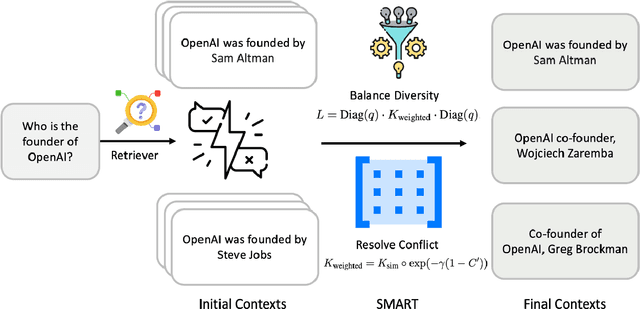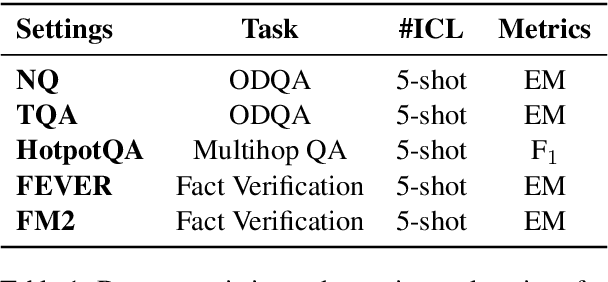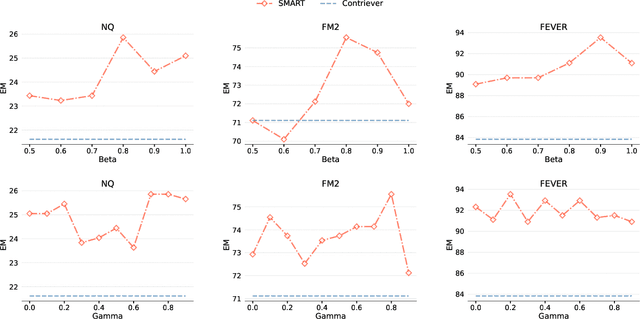SMART-RAG: Selection using Determinantal Matrices for Augmented Retrieval
Paper and Code
Sep 21, 2024



Retrieval-Augmented Generation (RAG) has greatly improved large language models (LLMs) by enabling them to generate accurate, contextually grounded responses through the integration of external information. However, conventional RAG approaches, which prioritize top-ranked documents based solely on query-context relevance, often introduce redundancy and conflicting information. This issue is particularly evident in unsupervised retrieval settings, where there are no mechanisms to effectively mitigate these problems, leading to suboptimal context selection. To address this, we propose Selection using Matrices for Augmented Retrieval (SMART) in question answering tasks, a fully unsupervised and training-free framework designed to optimize context selection in RAG. SMART leverages Determinantal Point Processes (DPPs) to simultaneously model relevance, diversity and conflict, ensuring the selection of potentially high-quality contexts. Experimental results across multiple datasets demonstrate that SMART significantly enhances QA performance and surpasses previous unsupervised context selection methods, showing a promising strategy for RAG.
 Add to Chrome
Add to Chrome Add to Firefox
Add to Firefox Add to Edge
Add to Edge